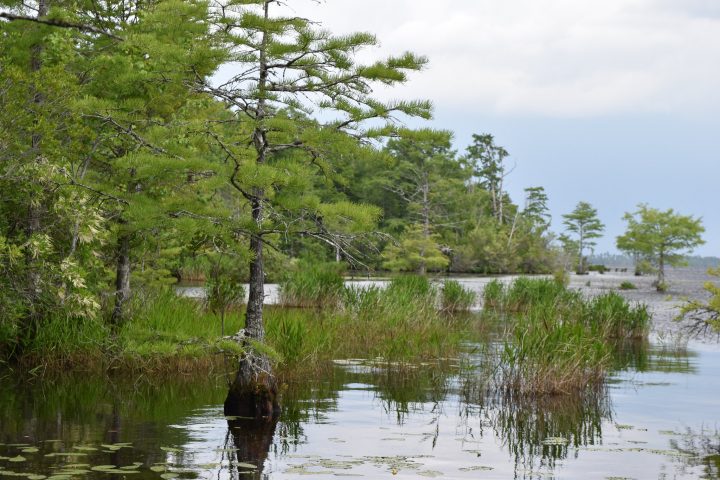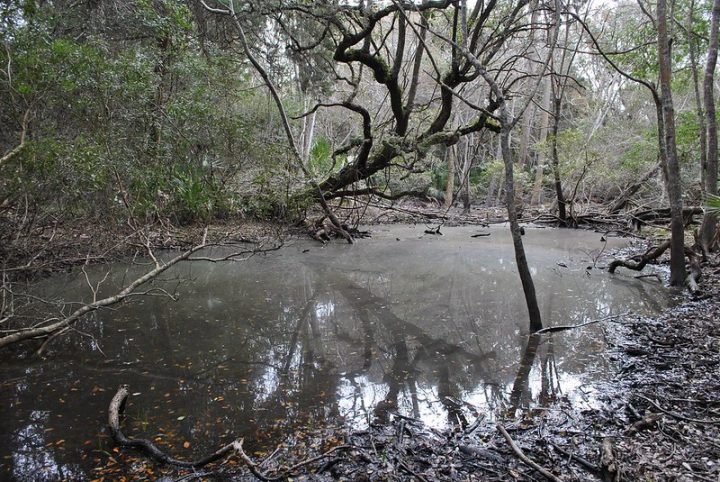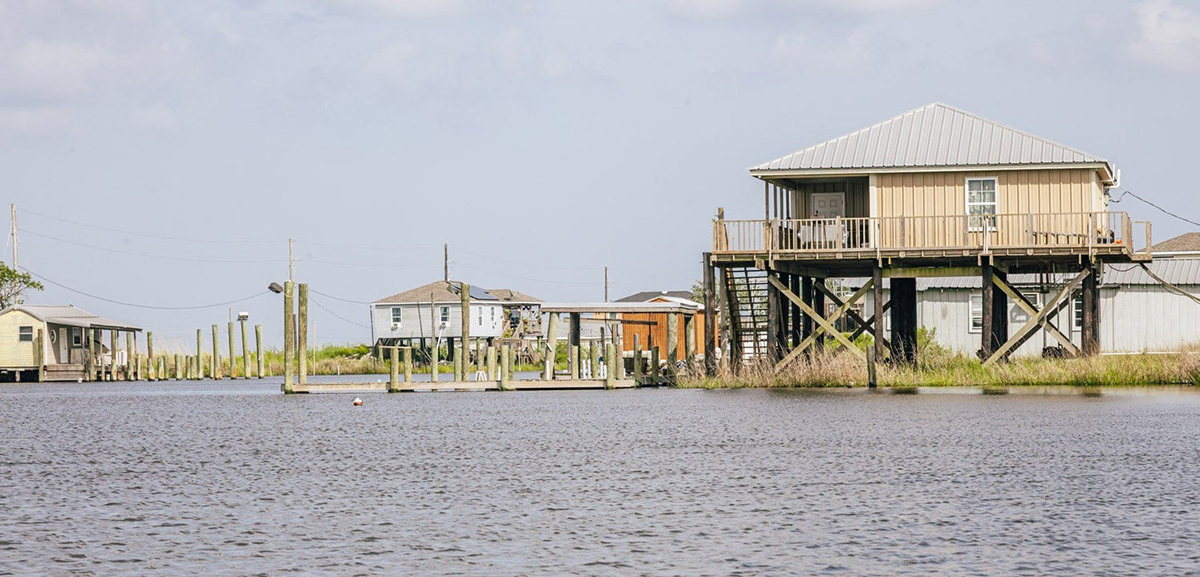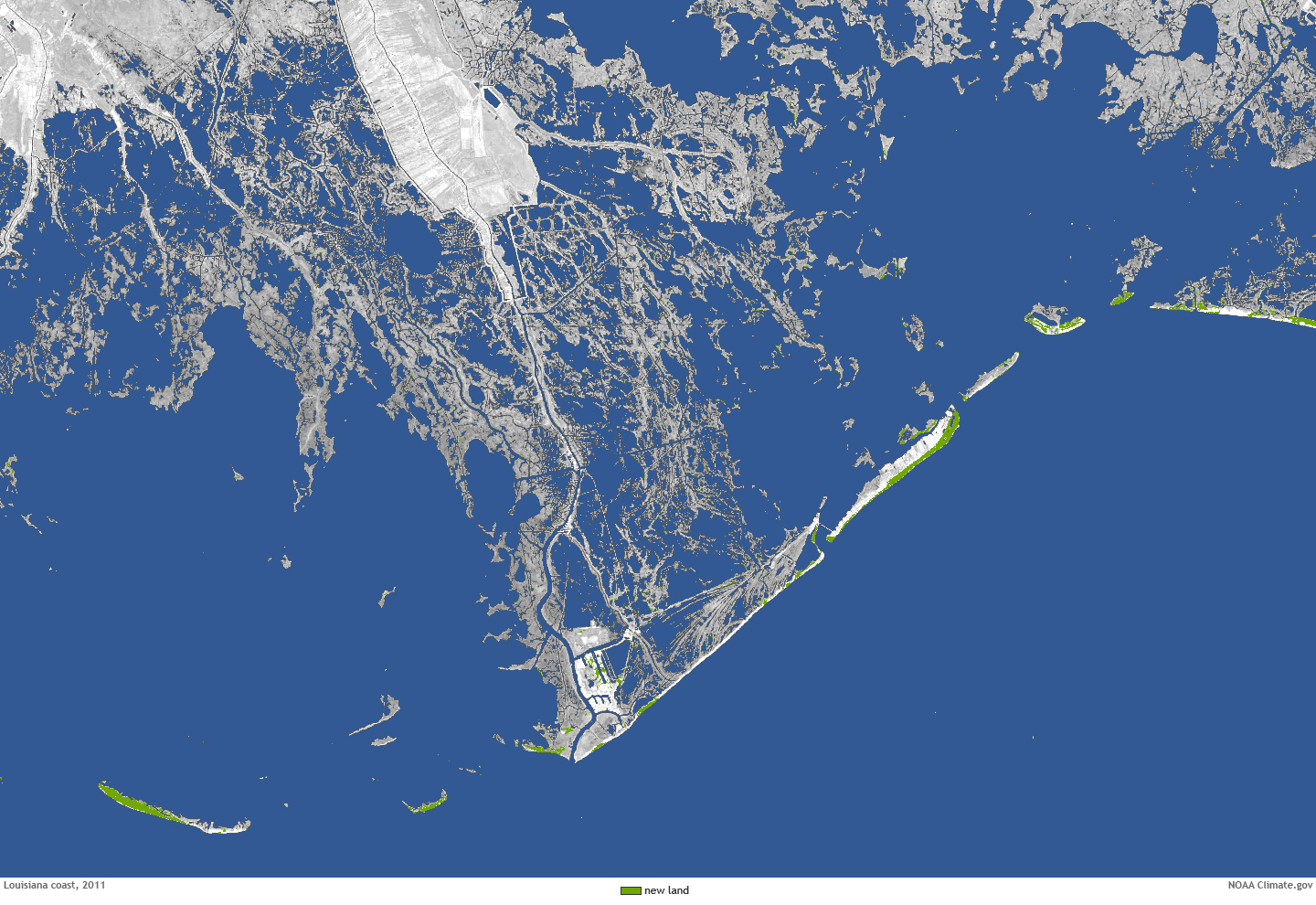
First in a series on the Clean Water Act revisions
The new definition of federally protected waterways will soon go into effect.
Supporter Spotlight
Revisions to the “waters of the United States,” or WOTUS, rule addressing federal authority under the Clean Water Act will likely be buffeted by lawsuits from environmental organizations that argue the changes roll back water quality regulations by drastically scaling back wetland protections.
The repeal, finalized in January under the Navigable Waters Protection Rule, omits streams that only contain water during or after rainfall, groundwater, most roadside and farm ditches, converted cropland, stormwater control features and waste treatment systems.
Federally regulated waters are now identified as traditional navigable waters, tributaries to those waters, certain ditches, lakes and ponds, impoundments of jurisdictional waters and wetlands adjacent to jurisdictional waters.
The revision clarifies the Obama-era 2015 rule, one that gives federal agencies near unlimited, subjective regulatory authority over everything from farm ditches to small, isolated wetlands that are not connected to “navigable waters,” supporters say.
But opponents argue the new rule ignores research by the U.S. Environmental Protection Agency showing ephemeral streams and isolated wetlands affect downstream waters. The EPA’s Science Advisory Board said in a Feb. 27 comment letter that the proposed revision “lacks a scientific justification, while potentially introducing new risks to human and environmental health.”
Supporter Spotlight
The EPA and Department of the Army signed the proposed rule revisions last December under a 2017 executive order of President Donald Trump to replace the 2015 rule and pre-2015 regulations.
The Trump administration said the new rules clarify which projects require federal permits, which will cut down applicants’ costs on engineering and legal professionals, but protect navigable waters.
State opposition
The North Carolina Department of Environmental Quality and state Attorney General Josh Stein submitted comments last year to the federal government opposing the changes, noting that the new rule would roll back wetland protections.
In its 14-page letter dated April 15, 2019, to EPA Administrator Andrew Wheeler and R.D. James, the assistant secretary of the Army for Civil Works, DEQ noted that North Carolina has an estimated 5.7 million acres of wetlands, which make up about 17% of the state’s land area.
State Division of Water Resources Public Information Officer Sarah Young Perkins said in a March 17 email responding to questions that the new federal rule will mean fewer of the state’s wetlands will be considered waters of the United States.
“Wetlands that are not WOTUS will not require a federal permit to discharge dredge or fill material within the wetland,” she said.
DEQ officials raised several concerns about the WOTUS revisions, including the following:
- Increased flooding risks in low-lying areas as nearly 95% of all wetlands in North Carolina are in eastern North Carolina.
- Negative effects on wetlands’ ability to filter the water supply and increased stormwater runoff.
- Economic concerns regarding certainty for farmers and developers employing responsible environmental practices around the state’s wetlands.
- Negative effects on species dependent upon wetlands.
- Threats to the recreational and commercial fishing industries’ products, such as shellfish, blue crabs, fish and shrimp.
- A drastic decrease in federal wetland protections creating a huge regulatory gap that would need to be filled by new rules, laws and personnel to protect wetlands.
- An increased burden on underfunded, understaffed regulatory agencies that work in partnership with the federal government to protect wetlands nationwide.
The state does not have a database of ephemeral streams or ditch streams.
“DEQ is still evaluating the proposed final rule, it’s implications in North Carolina and options moving forward,” Perkins said.

‘Devastating impacts’
Cape Fear River Keeper Kemp Burdette did not reply to a request for comment, but in a video posted in February 2019, he warns listeners about the effects the WOTUS repeal will have on water quality in the Cape Fear.
“Those rollbacks would have devastating impacts here in the Cape Fear,” Burdette said. “Here in rural parts of the Cape Fear basin tens of millions of animals are confined in industrial meat operations producing staggering amounts of waste. Swine farms are more heavily concentrated here than any other place on earth. Many streams in this area have been channelized into ditches. These rollbacks that the Trump Administration is proposing would specifically exempt these ditch streams from protection under the Clean Water Act.”
The repeal, he said, will benefit industrial swine and poultry meat operations in the state while threatening public trust waterways downstream that are a source of drinking water, fishing, recreation and swimming.
“Loss of clean water protections upstream has far reaching impacts downstream,” Burdette said. “Dangerous pathogens will threaten human health. Drinking water supplies will be a risk from harmful algae blooms. Communities of color will suffer even greater injustices when compared with whiter and wealthier communities. Important fish habitat in the Cape Fear River estuary will be at risk with clear negative impacts on local and statewide economies.”
‘Clarifying’ regulations
The American Farm Bureau Federation, which has been a staunch supporter of the repeal, argue the 2015 rule “make it impossible” for farmers and ranchers to identify whether ditches and ephemeral streams on their land are WOTUS.
“The rule will make water and land protection, management and planning more efficient and effective by drawing clearer lines between areas subject to federal versus state jurisdiction and clarifying that usually dry areas should no longer be considered federally regulated waters,” according to the AFB website.
Farmers and ranchers have enrolled millions of acres of land, including wetlands, under the Conservation Reserve Program, according to the website.
Next: What’s at risk on North Carolina’s coast
Cape Fear River Keeper Kemp Burdette, in a video posted in February 2019, warns about the effects the WOTUS repeal will have on water quality in the Cape Fear. Video: Waterkeeper Alliance







